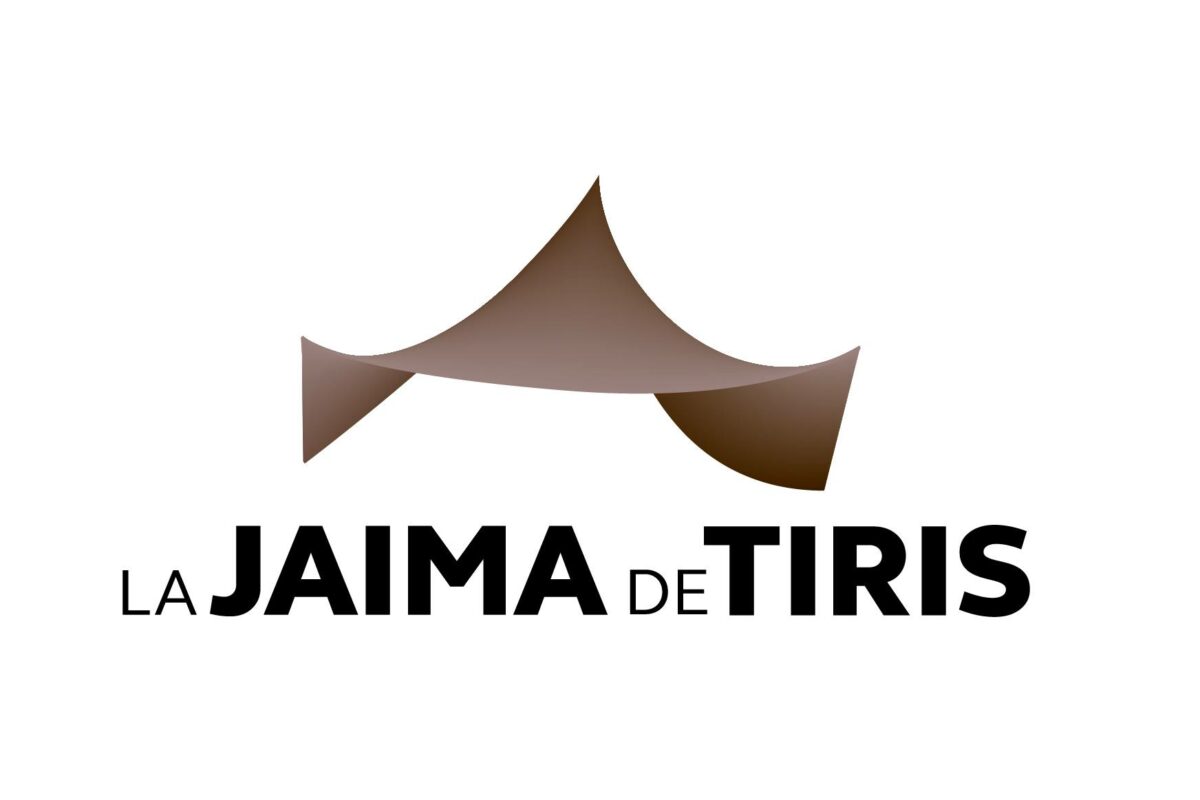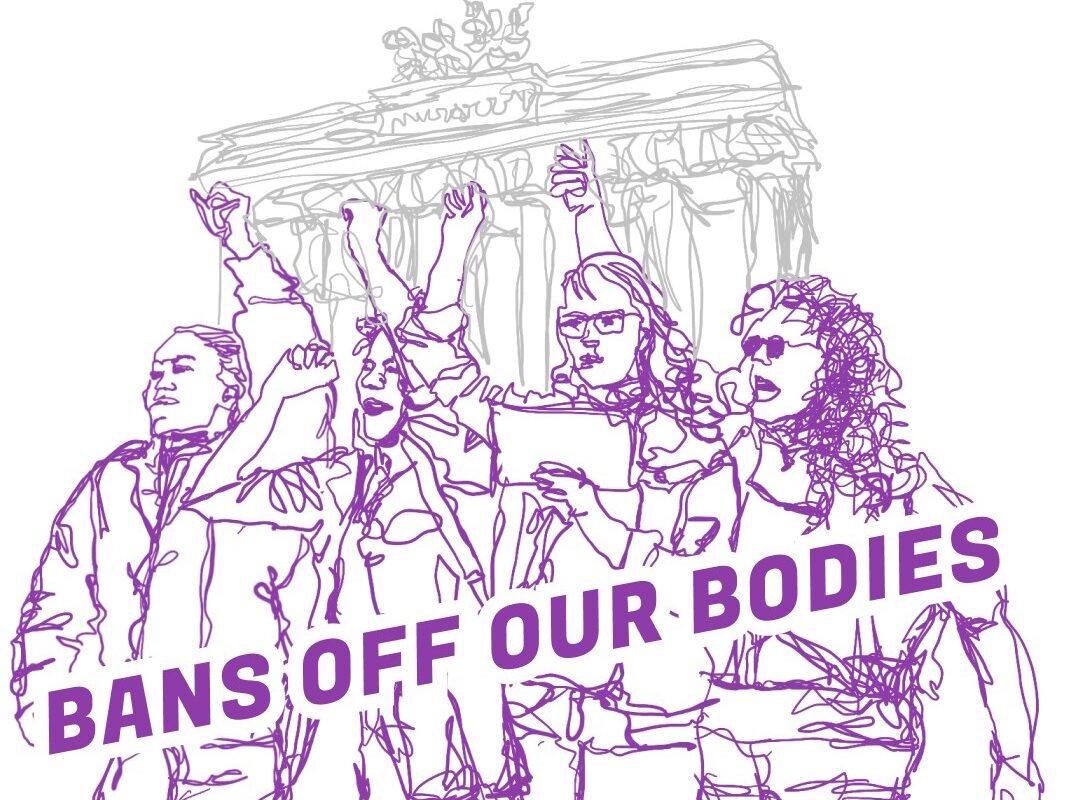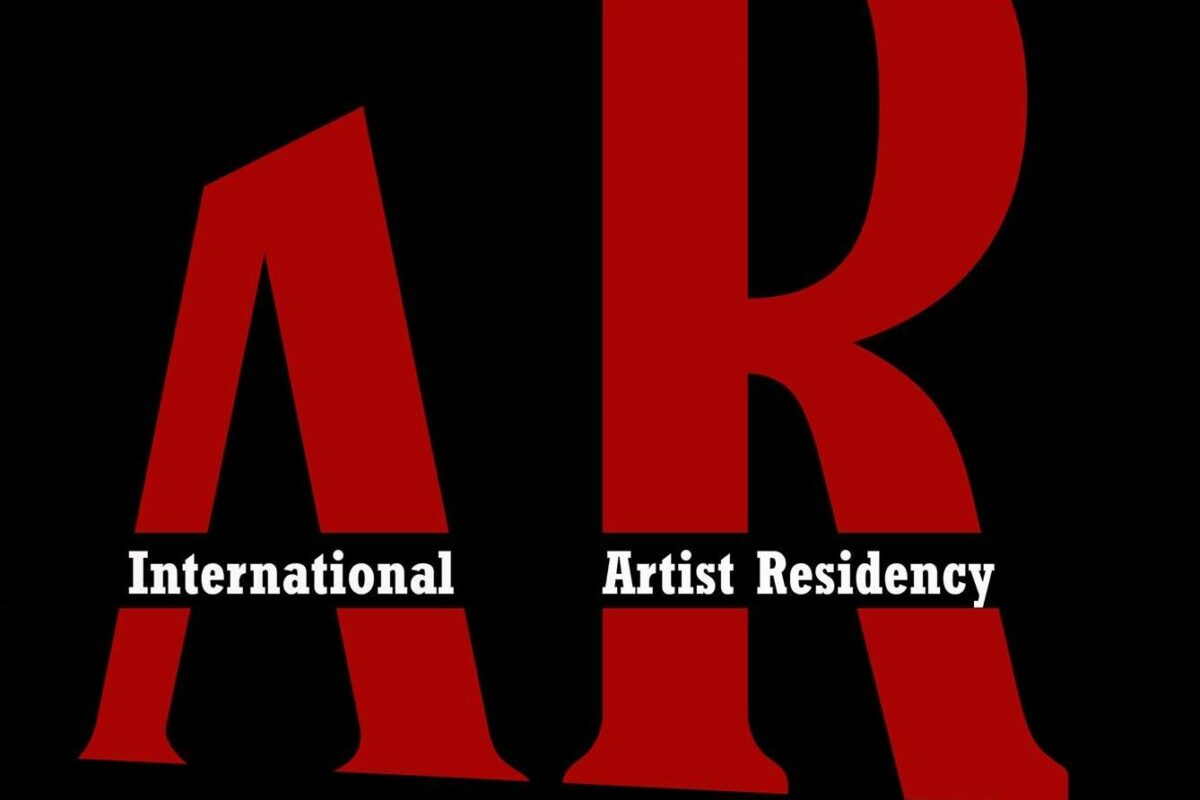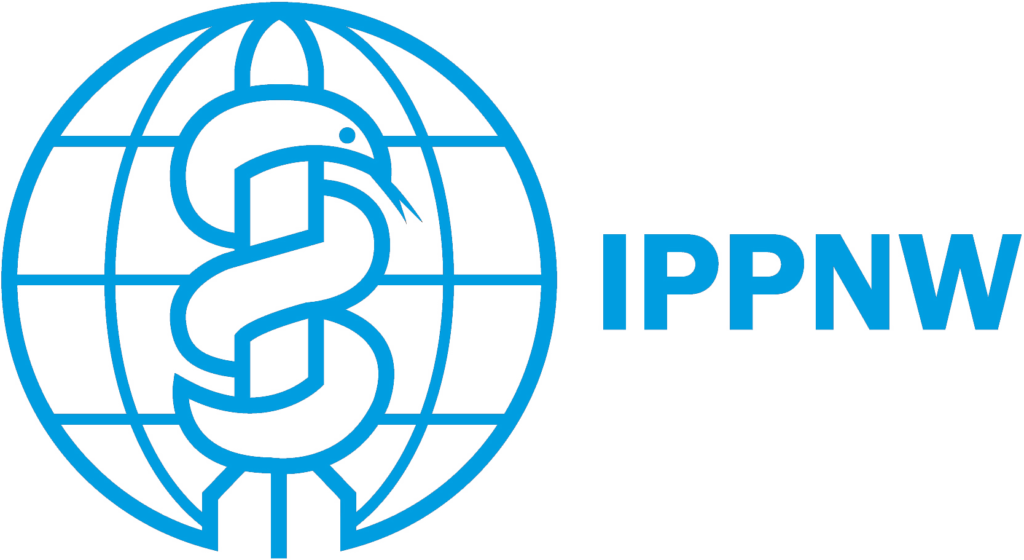For the past four years, pIAR has served the arts and the queer community as a safe sanctuary for radical artistic programmes, advocacy, ‘artivism’ and cultural intervention. Since 2017, Va-Bene Elikem Fiatsi [crazinisT artisT] (pronouns: sHit if not she) has rented a new space after six years of active public advocacy and fearless artivism in and outside Ghana. sHits new space is a safe sanctuary and has become a home for ‘all’. pIAR is a paradise for many queer and non-queer creative individuals from all over the world – converging, researching and developing projects that engage global audiences on sensitive issues such as gender/sexuality, racism, class and power relations. Artists in residence are also encouraged to discuss and explore other topics, including decolonisation, multiculturalism, patriarchy, healing practices, indigenous rituals, etc.
Countless people benefit from our studio, workshops and the residency program over the past four years. However we are urgently seeking for funding to purchase a 12 bedroom space with studio facilities that can accommodate at least 26 people including the artists in residence, the pIAR team, interns and mentees that will be directly and immediately affected if we are evacuated from our current home any time soon. The cost of the houses in Kumasi are currently between $200,000 and $300,000 depending on the quality, size, site, conditions of the house and the facilities available.
The new ANTI-LGBTQIA+ bill dubbed the ‘PROMOTION OF PROPER HUMAN SEXUAL RIGHTS AND GHANAIAN FAMILY VALUES BILL, 2021’ by some members of Parliament has endangered perfocraZe International Artist Residency (pIAR) for our radical visibility as a safe sanctuary. The Bill has created mixed reactions among citizens, religious groups and the queer community. It has doubled up the violence against LGBTQIA+ persons across the country, recording several viral videos of mob attacks on suspected LGBTQIA+ persons without justice for the victims. One of our offices (LGBT+ Right Ghana) was raided by the police in February 2021 in the company of a homophobic landlaord and some residents.
The bill also directly threatens the founder and artistic director of pIAR as a transwoman, artivist, human rights advocate, and the board member of LGBT Right +. It is dangerously determined to prosecute anyone who identifies as queer or is perceived as (following the bill’s definition) an ‘LGBTTQQIAAP+’ person, ally or sympathiser. The bill will also prosecute landlords or anyone who rents their properties or premises to queer persons or LGBTQIA+ inclusive organisations. This is our emergency to raise funds for our own safe house to avoid dealing with the threats our landlord is facing at the moment from the homophobic community..
We understand the cost of our facility is quite expensive but we will appreciate the maximum contribution within your budget or any possible means you can afford to support us. Please visit our GoFundme fundraiser for further details:
Our aim is to gradually normalise our queer existence through radical ‘artivism’ and by empowering our younger selves to reclaim our placement in the society. We are determined to break those oppressive binary structures through constant advocacy and educational engagement with the ‘Cis-Hetero’ community. By far pIAR has been very progressive bridging the gab between some of these community through our annual public festival dubbed love fEAST which brings together over 200 people from the queer community and the ‘Cis-Hetero’ neighbourhood for a dinner/party at our current space every January.
Your donation or contribution will be so much impactful for the continuity of the radical empathetic and solidarity created by pIAR. With such a safe house if secured pIAR can continue offering space and support for artivists, workshops, gathering, learning and strategic planning towards safety and security of the community members.




